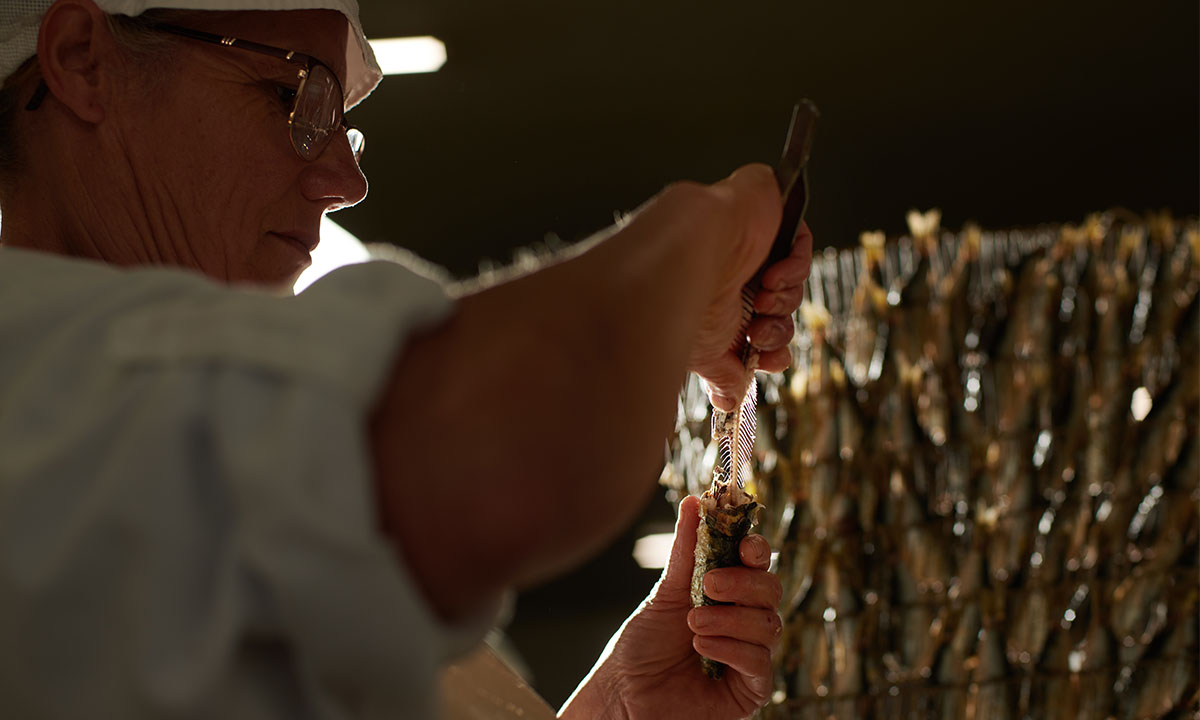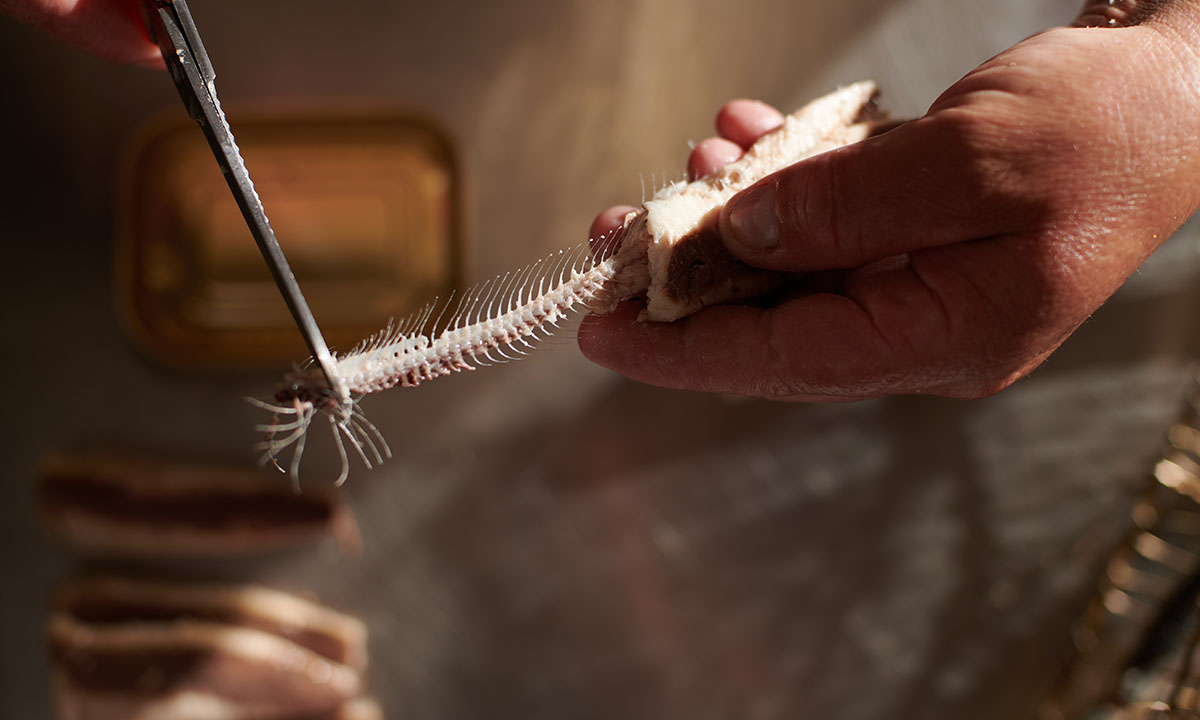When Hunger and the will to be Join Hands
- The poverty was extreme and widespread. Except for the small wealthy bourgeoisie, the clergy and the nobility, common people had to sweat to make a living. Hunger was inevitable in those days that passed slowly by. In the face of need and the scarce resources of a people governed by a religion that referred to waste as sin (and indeed, it was), many of the most iconic symbols of Portuguese cuisine today are the result of extreme situations that creativity put to the test.
The yolks left over after the egg whites were used for washing clothes in the convents were used by the nuns to create the famous "pastel de nata", or custard tart, one of the most popular specialities of Portuguese confectionery ever.
As a result of the epic Portuguese journey of discovery, where seafarers needed to stock their ships abundantly with groceries, in particular salted meat in large wooden chests, the local population was sacrificed, consigned to the offal and entrails. Those very entrails were used by the heroes on land to satisfy their hunger, inventing "Tripas à moda do Porto" (Porto-style bean stew with offal), today a typical delicacy of the city.
From the fields of the Alentejo, the legendary "Migas Alentejanas" (Alentejo-style bread crumbs) are one of the most striking specialities of the region's cultural identity, born of the need to use stale leftover of bread fried with pork fat to give it flavour so that nothing would go to waste.
It is a matter of consensus that within the chapter of Portuguese gastronomical wonders there is an endless list of recipes that could form a category all by themselves. Not invented by any one person, and at the same time invented by all Portuguese people, proving throughout the years that it's not just necessity that is the mother of invention; rather, it is the will to be, the passion with which we do things, making them majestic. Our roots have taught us that things have to be deserved. One must be great in humility to be great in dreams. And in the field of cooking, no matter how much it may seem otherwise, necessity has made life easier for us by placing us at the mercy of experiences that have raised us up to where we are today.
Along the coastline, the sea would also have many stories to tell. Under the same sun as the convents, the city of Porto, the Alentejo, or many other places, fishing boats brought to the kitchen pot cooked fish that would not be sold on the beach. Over an improvised stove smelling of the sea, "caldeirada" (fish stew) slowly began to take shape: meagre, eel, horse mackerel, squid, mackerel ... and the entrails could be turned to gold! These same treasures from the sea are now available to put on the table as easily as opening a tin can, prepared by the experienced hand of Comur, in a veritable sea feast for the palate.
Thus, caldeirada appears, too, as an extension of the art of fishing: it is a gastronomic art and a refinement of traditional Portuguese cuisine that exists only because necessity dictated so. Fortunately.

The Fantastic World of the Portuguese Sardine ©2023 all rights reserved
made by Anahory&Monteiro

